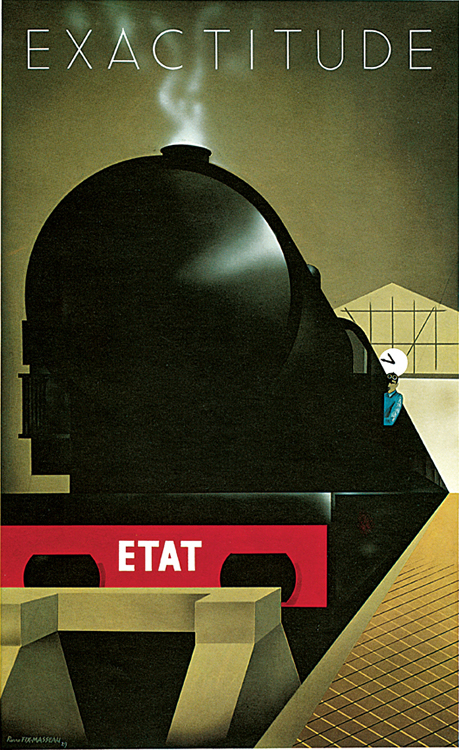Don`t know what it means? Look it up.
A recent topic of discussion during the collaborative review and development of the Fundamental I English curriculum has been the necessity of teaching the children the use of a bilingual dictionary. Advocates of its use postulate that a dictionary, any dictionary, is of benefit to its user; like any tool of a skilled artisan. Adversaries claim that it only confuses the children and is difficult for them to use. The question is; when do we, as educators, begin the process of preparing our students to achieving greatness?
What does it take to be great?
Research now shows that excelling is not a consequence of possessing innate gifts (Ericsson, K. A. 1998). The secret? Painful and demanding practice and hard work. Scientists worldwide have conducted scores of studies focusing on sports, music and chess, in which performance is relatively easy to measure and plot over time. Additional studies have also examined other fields, including business. One will achieve greatness only through an enormous amount of hard work over many years. In addition, not just any hard work, but work of a particular type that`s demanding and uncomfortable (Howe, M. J. 1999).

Your dictionary is your friend
The delicate matter of introducing the bilingual dictionary begins in 2nd grade. The success greatly depends on the teacher. Preliminary exercises prepare the children by helping them understand alphabetical order of words (A B C order). A sample page is given to illustrate how to use the guidewords at the top of the pages and the following process of scanning to find the specific “entry” word. Once comprehension exists, short lists of words are given for the children to "look up".
Motivating learning in children is actually quite easy. Children learn from everything they do. They are naturally curious; they want to explore and discover. If their explorations bring pleasure or success, they will want to learn more. The word lists begin with animals, some familiar, and some unknown. If they already know that "dog" in Portuguese is "cachorro", I congratulate them and ask them to look it up anyway just to check the spelling.
Challenge is another characteristic of motivation. Children who experience success in meeting one challenge will become motivated, welcoming another. These motivated learners will choose an activity that is slightly difficult for them. The amount of dependency on adults is an indicator of lack of motivation or laziness.
Children who have a lower level of motivation need constant attention from adults and cannot function independently. Since independence is an important aspect of quality learning, this dependence on adults will greatly limit children`s ability to succeed in school and affect the degree of greatness in the end.

During these early years, children form attitudes about learning that will last a lifetime. Children who receive the right sort of support and encouragement during these years will be creative, adventurous learners throughout their lives.
So why do only a few reach the status of greatness?
We can expect most people will not achieve greatness. It`s just too demanding. For most people, work is hard enough without pushing even harder. Those extra steps are so difficult and painful they almost never get done. That`s the truth of it. If greatness like Leonardo da Vinci were easy, it wouldn`t be rare. Good news is; it is available to you and to everyone.
Ericsson, K. A. (1998). The Scientific Study of Expert Levels of Performance: General Implications for Optimal Learning and Creativity. High Ability Studies, 9(1), 75-100.
Howe, M. J. (1999). The Psychology of High Abilities. New York: NYU Press.

Rua Elias Tommasi Sobrinho, 154, Santa Lúcia - Vitória, ES - Brasil - CEP 29056-910 - Tel: (27) 3334 6300
© Centro Educacional Leonardo da Vinci 2025 · www.davincivix.com.br
